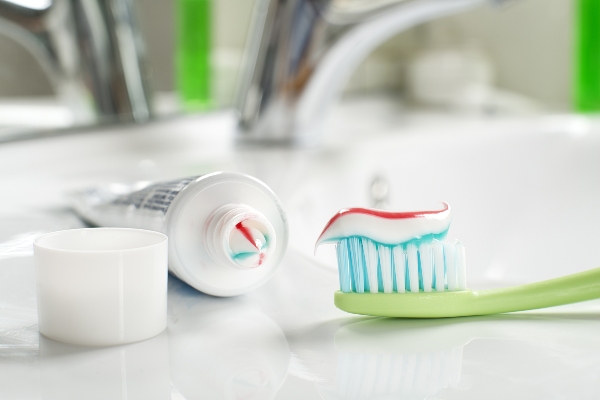 Maintaining good oral hygiene is an essential part of overall health and well-being. It can prevent issues like tooth decay and gum disease. A general dentist can help educate patients about properly caring for their teeth, treating oral health issues, and more. Here are some practical tips to help you achieve a bright and healthy smile.
Maintaining good oral hygiene is an essential part of overall health and well-being. It can prevent issues like tooth decay and gum disease. A general dentist can help educate patients about properly caring for their teeth, treating oral health issues, and more. Here are some practical tips to help you achieve a bright and healthy smile.
Brush twice at least twice a day
The foundation of good oral hygiene begins with brushing one's teeth at least two times a day, especially after meals. Brushing removes food debris that bacteria can convert into acids from the mouth, which in turn helps remove bacteria and acids. Brushing also helps prevent plaque build-up that can lead to oral health issues like tooth decay and gum disease.
However, it is equally important to brush properly. When brushing one's teeth, use gentle, circular motions on the surface of the teeth. Use flouride toothpaste and a soft-bristled toothbrush. In addition to brushing the front of the teeth, make sure to brush all edges and backs of the teeth as well. Additionally, keep the tongue and inner cheeks clean to help prevent bad breath.
Floss every day
Flossing is equally important as brushing. This practice cleans the spaces between teeth that toothbrushes cannot reach. These spaces can host bacteria and plaque, allowing them to accumulate and eat away at the enamel. Thus, patients should floss at least once every day.
Use a flouride mouthwash
Incorporating mouthwash into one's oral hygiene routine can provide additional benefits. Choose a mouthwash that contains fluoride to help remineralize teeth, strengthen enamel, and fight against cavities. Additionally, antiseptic mouthwashes can help reduce plaque and gingivitis-causing bacteria.
Maintain a nutritional diet
What one eats directly affects oral health. Avoid sugary and acidic foods and beverages, as these products can contribute to tooth decay and erode tooth enamel. A balanced diet rich in fruits, vegetables, lean proteins, and dairy products provides essential nutrients like calcium and vitamin C that help strengthen teeth and improve gum health.
Drink plenty of water
Water is essential for maintaining good overall health and oral hygiene. Drinking water regularly helps wash away food particles, bacteria, and acids from the mouth, reducing the risk of cavities and gum disease. In addition, staying hydrated helps stimulate saliva production, which neutralizes acids and protects tooth enamel.
Schedule regular dental checkups and cleanings
Even with a diligent oral hygiene routine at home, it is still important to visit a general dentist regularly — at least twice a year — for checkups and cleanings. Professional cleanings can remove stubborn plaque and tartar build-up that is difficult to remove with regular brushing and flossing. Additionally, the dentist can detect early signs of dental issues and provide personalized advice to improve one's oral health.
Do not ignore symptoms of oral health issues
Patients experiencing symptoms of any oral health issues like toothaches, bleeding gums, or persistent bad breath should not ignore them. These could be signs of underlying dental issues that require professional care. Early diagnosis and treatment from a general dentist can prevent the issue from worsening and prevent discomfort and more extensive treatment in the future.
Schedule an appointment today
By following these oral hygiene tips, you can maintain a healthy and bright smile. Has it been a while since your last checkup with a general dentist? Call our Delray Beach office to schedule an appointment today.
Request an appointment or call Care One Dental of Delray at 561-894-0268 for an appointment in our Delray Beach office.
Related Posts
Curious about what a general dentist does? Read on to learn more. When you visit the general dentist's office, you will get comprehensive oral care — from basic dental treatments to education, prevention, and individualized care. General dentists are primary care providers in dentistry with the main goal of keeping your mouth healthy and beautiful.General…
Your general dentist can repair your teeth that have minor decay. Cavities develop once bacterial acids start attacking the enamel. Patients with this dental problem often suffer from dental sensitivity. Dental fillings can stop them from worsening. Here are the details on how a general dentist provides a dental filling.Inspecting the patient’s teeth before starting…
Talking to your general dentist about your dental anxiety can help start your dental appointment the right way. This condition can prevent you from getting the right dental treatments. Keeping it at bay is possible during the visit. Here are the details on how your general dentist can help relieve your dental anxiety.This is an…
